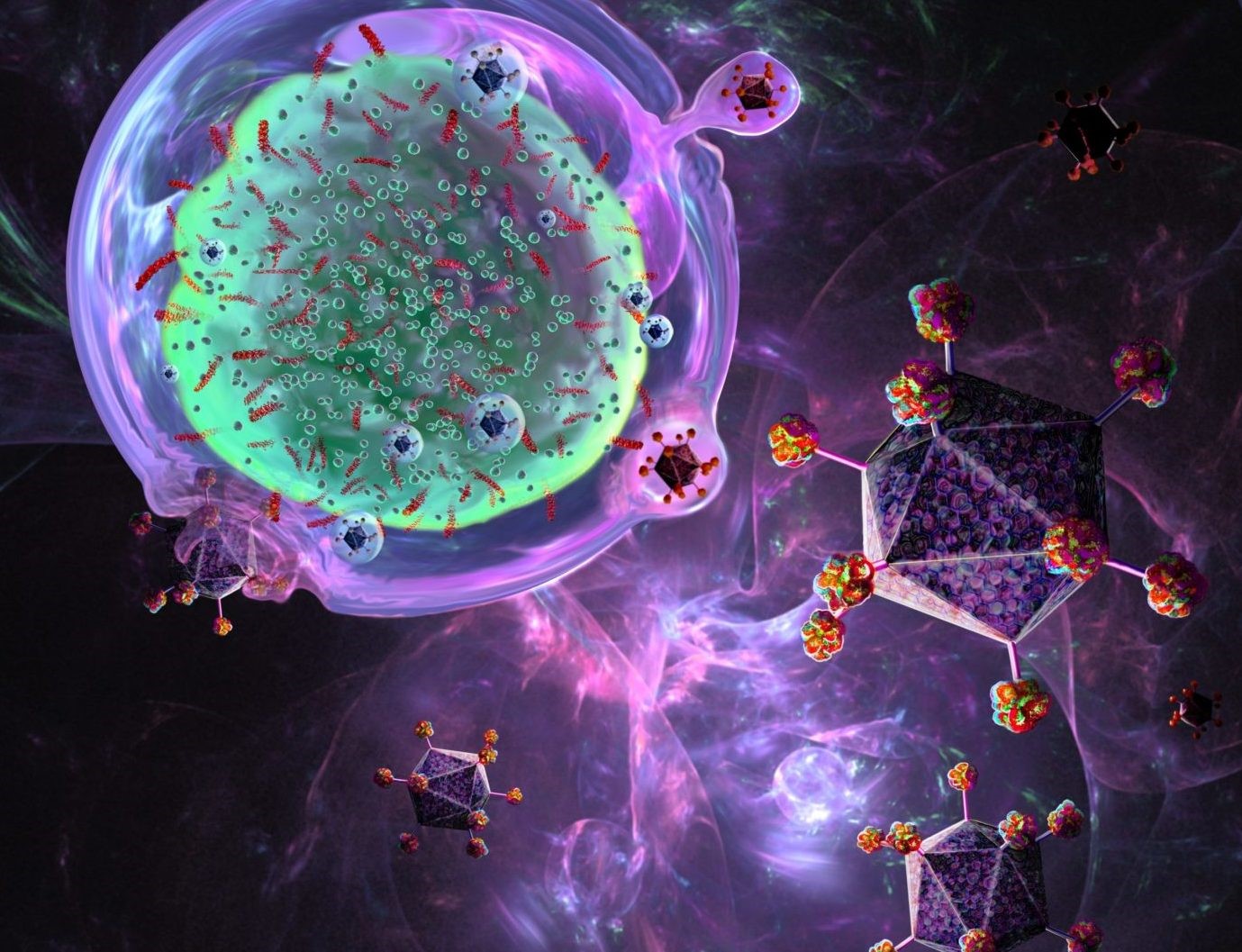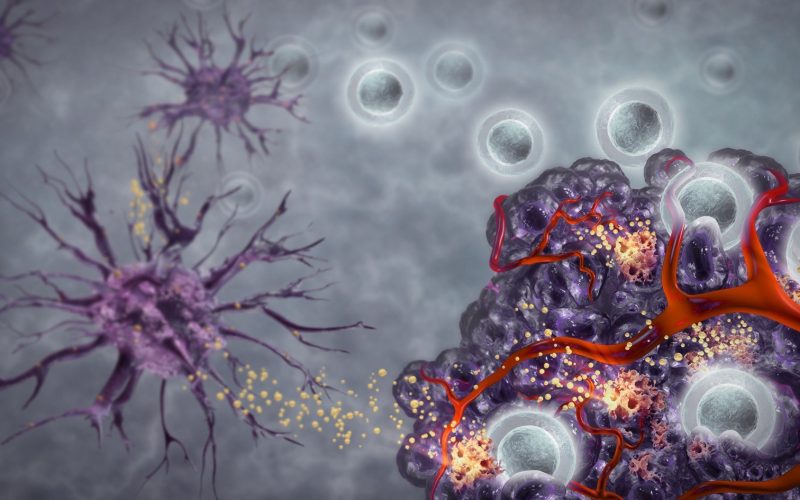Cancer immunotherapy has emerged as a revolutionary approach in the fight against cancer, leveraging the body’s immune system to identify and eliminate malignant cells. Over the past decade, significant breakthroughs have transformed the landscape of cancer treatment, offering new hope to patients with various types of malignancies. This article delves into the key advancements in cancer immunotherapy, focusing on immune checkpoint inhibitors, CAR-T cell therapy, and personalized cancer vaccines.
Immune Checkpoint Inhibitors: Unleashing the Immune System
Immune checkpoint inhibitors have been at the forefront of cancer immunotherapy, fundamentally changing how oncologists approach treatment. These inhibitors target specific proteins, such as PD-1, PD-L1, and CTLA-4, which act as brakes on the immune system. By blocking these proteins, checkpoint inhibitors enhance the immune system’s ability to recognize and attack cancer cells.
The approval of pembrolizumab (Keytruda) and nivolumab (Opdivo) marked a significant milestone in the treatment of melanoma, non-small cell lung cancer, and several other cancers. Clinical trials have demonstrated remarkable outcomes, with some patients achieving long-term remission. These drugs have also shown promise in treating cancers that were previously considered refractory to conventional therapies.
Recent research has focused on expanding the use of checkpoint inhibitors to a broader range of cancers. For instance, studies have shown efficacy in treating urothelial carcinoma, renal cell carcinoma, and head and neck squamous cell carcinoma. Additionally, combination therapies involving checkpoint inhibitors and other treatments, such as chemotherapy and radiation, are being explored to enhance therapeutic outcomes.
CAR-T Cell Therapy: Engineering the Immune Response
Chimeric Antigen Receptor T-cell (CAR-T) therapy represents another groundbreaking advancement in cancer immunotherapy. This approach involves genetically modifying a patient’s T-cells to express a receptor that specifically targets cancer cells. Once reintroduced into the patient’s body, these engineered T-cells can effectively seek out and destroy malignant cells.
The approval of CAR-T therapies such as tisagenlecleucel (Kymriah) and axicabtagene ciloleucel (Yescarta) has revolutionized the treatment of certain hematologic malignancies, including acute lymphoblastic leukemia (ALL) and diffuse large B-cell lymphoma (DLBCL). Clinical trials have reported impressive response rates, with some patients achieving complete remission.

Research is ongoing to extend the application of CAR-T therapy to solid tumors, which present unique challenges due to the tumor microenvironment and antigen heterogeneity. Innovative strategies, such as dual-targeting CAR-T cells and the use of combination therapies, are being investigated to overcome these obstacles. Additionally, efforts to reduce the severe side effects associated with CAR-T therapy, such as cytokine release syndrome and neurotoxicity, are a critical area of focus.
Personalized Cancer Vaccines: Tailoring Treatment to the Individual
Personalized cancer vaccines represent a promising frontier in cancer immunotherapy, aiming to tailor treatment to the unique characteristics of an individual’s tumor. These vaccines are designed to stimulate the immune system to recognize and attack cancer-specific antigens, known as neoantigens, which arise from mutations in tumor cells.
Advancements in next-generation sequencing and bioinformatics have enabled the identification of neoantigens with high precision. Personalized cancer vaccines, such as those developed by companies like BioNTech and Moderna, are being evaluated in clinical trials for various cancers, including melanoma, glioblastoma, and ovarian cancer. Early results have shown encouraging signs of immune activation and tumor regression.
One of the key advantages of personalized cancer vaccines is their potential to induce a robust and durable immune response with minimal off-target effects. Furthermore, combining these vaccines with other immunotherapies, such as checkpoint inhibitors, holds promise for enhancing their efficacy. Ongoing research aims to optimize vaccine design, delivery methods, and the identification of the most relevant neoantigens to improve clinical outcomes.
Future Directions and Challenges
While the advancements in cancer immunotherapy are undoubtedly transformative, several challenges remain. The variability in patient responses, the development of resistance, and the management of immune-related adverse events are critical areas that require ongoing research and innovation.
Biomarkers play a crucial role in predicting patient response to immunotherapy and guiding treatment decisions. The identification of reliable biomarkers, such as tumor mutational burden (TMB) and microsatellite instability (MSI), has already improved patient stratification. However, further research is needed to discover additional biomarkers and develop comprehensive predictive models.
Moreover, the high cost of immunotherapy poses a significant barrier to access for many patients. Efforts to reduce the financial burden, such as optimizing manufacturing processes and developing more cost-effective treatments, are essential to ensure broader availability.
Conclusion
The breakthroughs in cancer immunotherapy have ushered in a new era of oncology, offering unprecedented opportunities to improve patient outcomes. Immune checkpoint inhibitors, CAR-T cell therapy, and personalized cancer vaccines represent the vanguard of this revolution, demonstrating remarkable efficacy in various malignancies. As research continues to advance, the integration of these therapies with conventional treatments, the discovery of new biomarkers, and the development of innovative strategies to overcome challenges will further enhance the potential of cancer immunotherapy. The journey toward a future where cancer can be effectively managed and even cured is well underway, driven by the relentless pursuit of scientific excellence and the unwavering commitment to improving patient care.










